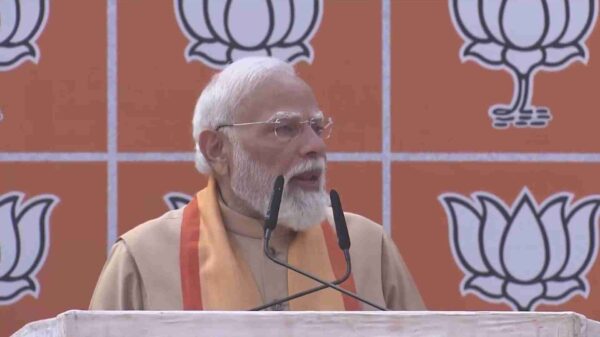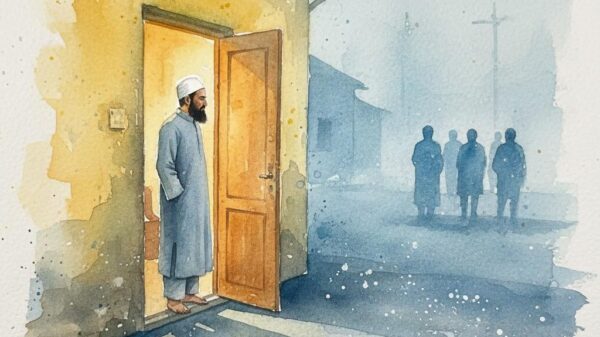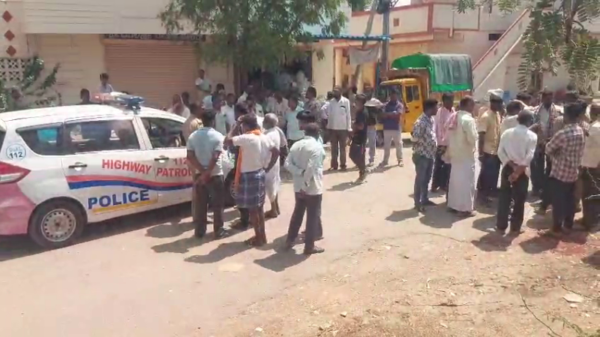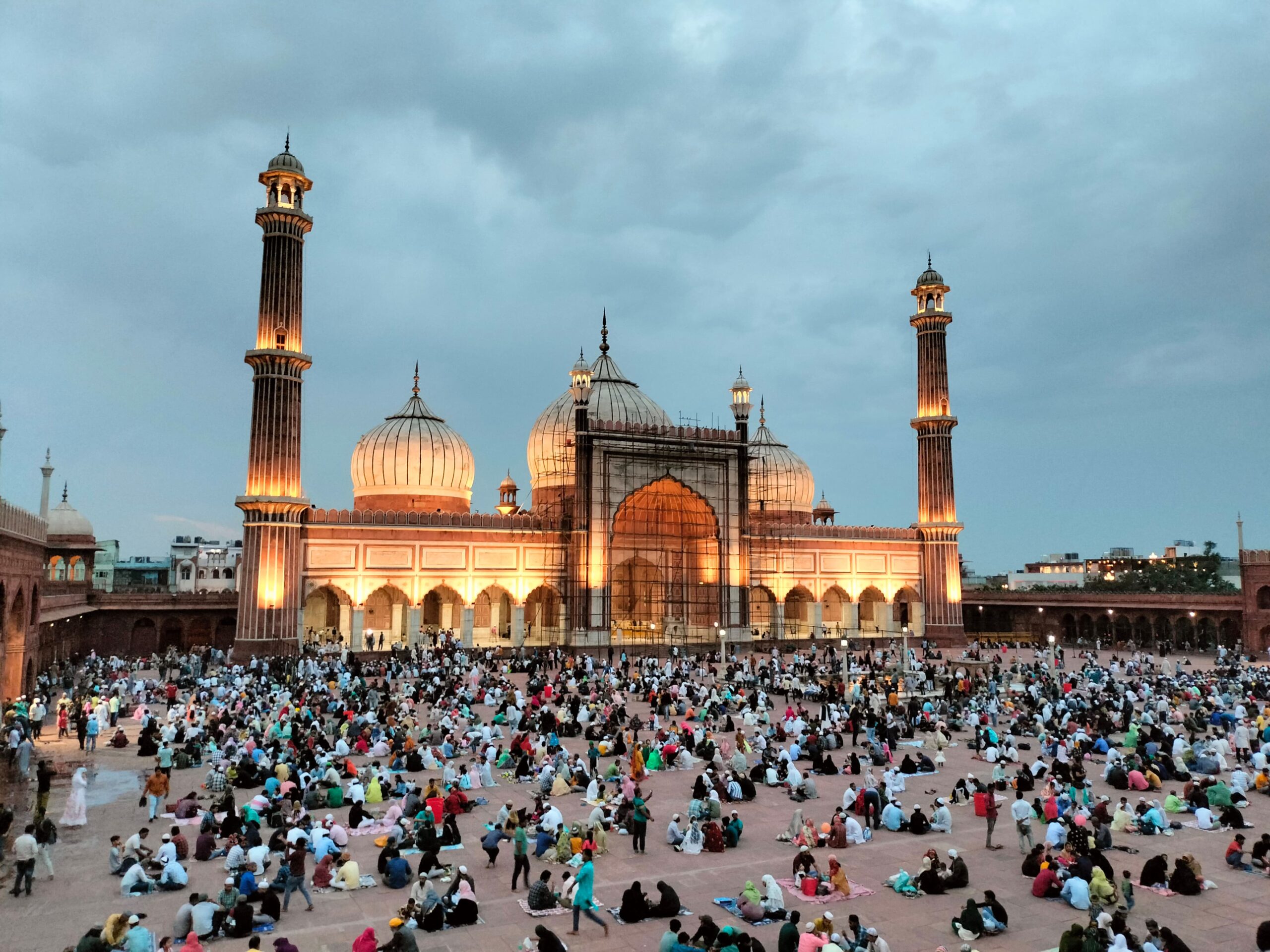The Gujarat High Court on Tuesday dismissed a Public Interest Litigation (PIL) filed by Bajrang Dal leader Shaktisinh Zala, which sought a ban on the use of loudspeakers for Azaan, the Islamic call to prayer at mosques.
The court, comprising Chief Justice Sunita Agarwal and Justice Aniruddha P Mayee, termed the plea as “wholly misconceived.”
The PIL, contending that the amplified Azaan causes “noise pollution” adversely affecting health, especially among children, faced scrutiny from the bench. The court questioned the petitioner’s stance by drawing a parallel between Azaan and the sounds emanating from temple rituals.
The court raised a crucial query during the hearing, asking, “In your temple, the morning aarti with drums and music also starts early at 3 am. So it does not cause any kind of noise to anyone? Can you say the noise of ghanta (bell) and ghadiyal (gong) remains in temple premises only, does not percolate outside the temple?”
Highlighting the lack of scientific backing in the petition, the court said that Azaan is conducted for a maximum of ten minutes at different hours of the day and refuted the notion that it could result in noise pollution.
“We fail to understand how the human voice making azaan through loudspeakers in the morning could achieve the decibel (level) to the extent of creating noise pollution, causing health hazards for the public at large,” the court said.
The dismissal was underlined by the court’s assertion that such religious practices have been in existence for years and that the duration of Azaan is minimal.
The bench also said the absence of data in the petition to substantiate claims of noise pollution caused by the ten-minute Azaan.

































































